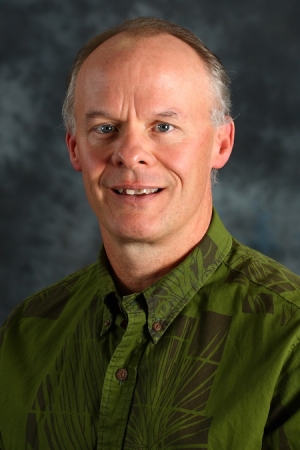
Stephen C. Hart, professor of ecology in Life and Environmental Sciences and the Sierra Nevada Research Institute, was recently elected a Fellow of the Ecological Society of America (ESA).
The ESA is a nonpartisan, nonprofit organization of more than 9,000 scientists, founded in 1915 to promote ecological science by improving communication among ecologists, raising the public’s level of awareness of the importance of ecological science, increasing the resources available for the conduct of ecological science and ensuring the appropriate use of ecological science in environmental decision making by enhancing communication between the ecological community and policymakers.
The ESA elects fellows in recognition of their outstanding contributions to fields served by the ESA. Fellows are commended for their efforts to advance ecological knowledge in multiple spheres, including academia, government, nonprofit organizations and broader society. ESA fellows receive lifetime appointments to the post. There are currently only about 260 ESA fellows.
According to the official ESA announcement, Hart was “elected for groundbreaking contributions in terrestrial ecosystem ecology and forest management. His pioneering use of stable isotopes transformed understanding of forest nitrogen cycling and soil microbial structure and function.”
Hart’s research focuses broadly on the interactions between plants and soils. His current interests include evaluating the influences of atmospheric inputs of nutrients (from biological nitrogen fixation to “dust” particles) on terrestrial ecosystems; the impact of climate change on soil nutrient cycling and soil-atmosphere-climate feedbacks; the effects of forest restoration and wildfire on soil microbial communities and their interactions with plants; the influence of meadow restoration on plant biodiversity, ecosystem carbon storage and greenhouse gas emissions; how giant sequoia trees alter the soils that sustain them; and the efficacy of using organic amendments to improve soil fertility in almond orchards.
“I am truly honored to be recognized by my colleagues as a fellow of the largest and most prestigious society of ecologists in the world,” Hart said. “I am confident that such high recognition will occur in the near future for many of my UC Merced colleagues, given the exceptional group of ecology faculty that we have recruited to our fledgling campus.”



